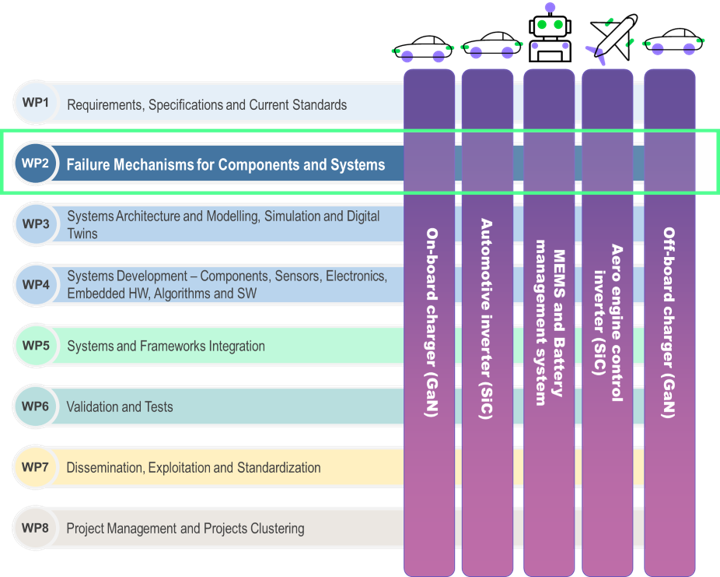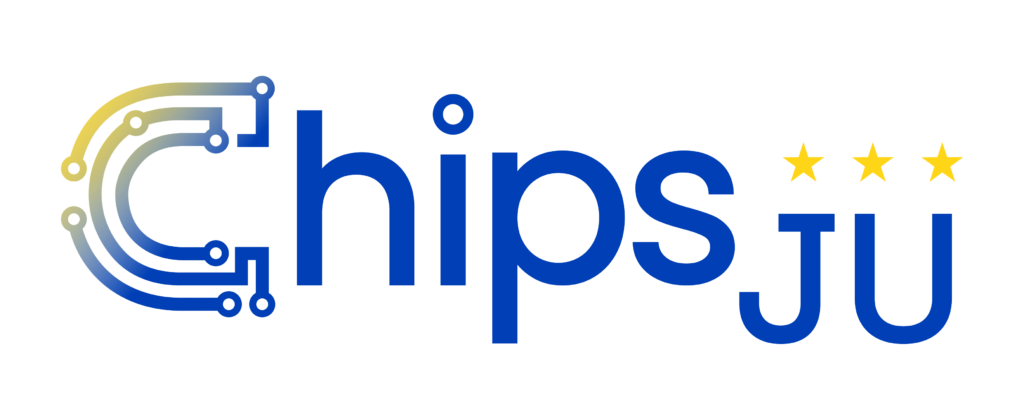With a budget of 40 million euros and for a duration of 36 months, the ARCHIMEDES project started in April 2023. With a name largely inspired by the Greek scientist, and bringing together 49 partners across Europe, the ARCHIMEDES project draws its inspiration from the ambition to enhance new technologies for the energy transition, safety and security of the future 5.0 society.
IRT is an important member of this project since we are responsible of the WP (Work Package )2 of the project. This WP has the objective to study the failure mechanisms and reliability of new wide bandgap semiconductor technologies. The work resulting from this WP is fully in line with the structuring projects we have in the High Density Energy and Reliability center of competence such as GaNRET and SiCRET / SiCRET +.
THE CONTEXT:
At a time of decarbonization, where climate change and CO2 footprint are crucial challenges, the need for an energy transition in Europe has never been so urgent. The European strategy to achieve the ambitious objective of ‘net zero carbon’ in 2050 is based on the massive electrification of the transport sector, which is responsible for around 30% of GHG (greenhouse gas) emissions.
This massive electrification will not happen without the use of new technologies allowing the storage, distribution and safe and efficient use of energy. It is in this context that the ARCHIMEDES project initiative was born, supported by the Chips JU joint venture, a European initiative which aims to strengthen Europe’s position in the field of microelectronics and semiconductor technologies. Combining the fields of aviation, automotive and infrastructure, due to their similarities and synergies in terms of the need for electrification, this project aims to accelerate the time to market of energy conversion technologies based on SiC and GaN power transistors.
It is then a question of studying the reliability of on-board energy converters for automotive chargers, aeronautical propulsion and battery applications for light aircraft.

The project is then organized into several “Supply Chain” and “Work Packages” which bring together the 49 partners from multiple backgrounds: Original Equipment Manufacturers (OEM) (MBAG, Renault, STLA), big industries such as AVL, Valeo , Vitesco, MBAG but also SMEs, laboratories (INP-GRE, RWTH, UNIEIFF, etc.), and research institutes (CNRS, CEA, etc.).
OUR PARTNERS IN THE PROJECT:
Funded by the European Union. Views and opinions expressed are however those of the author(s) only and do not necessarily reflect those of the European Union or Chips Joint Undertaking. Neither the European Union nor the granting authority can be held responsible for them. ARCHIMEDES is supported by the Chips Joint Undertaking and its members, including the top-up funding by National Authorities under Grant Agreement No 101112295.




